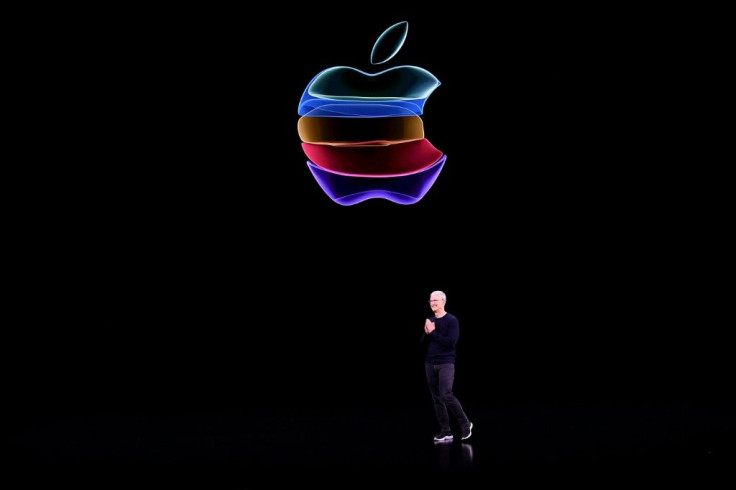Apple Reportedly Using Privacy As Cover; Lawmakers Concerned Could Be Anti-competitive

Both consumers and other tech companies laud Apple's stance on user privacy. But, US lawmakers suggest that could just be the company’s cover for anti-competitive behavior. A new report reveals that several legislators think the Cupertino-based tech giant is only using privacy as a shield to get away with a practice that reinforces its position while hurting competitors.
A recent report from Washington Post reveals that Rep. David Cicilline, chairman of the House Judiciary Antitrust Subcommittee, is concerned about the use of user privacy as a cover for anti-competitive behavior. The Democrat from Rhode Island is pushing for the strong privacy laws in the US, which would snatch privacy regulation from tech juggernauts like Apple. Rep. Cicilline is most concerned about the changes Apple has made in its location services in its mobile operating system iOS 13.
The Cupertino company removed the always allow option in iOS 13 build. Several reports claim that some legislators are concerned that Apple may have granted itself access to the location data restricted for third-party competitors. People with knowledge about the meeting reportedly told Washington Post that House lawmakers have met with Apple partners to talk about their concerns.
App makers could ask for users’ permission tot rack their location even if they are not accessing the app or if the app is on standby. This was helpful, especially for users who want to track the location of their cars. However, in the new iOS 13 update, app makers can no longer request for this particular functionally upon installation.
This could be a frustrating blow to other app makers and rivals, especially Tile, which is the maker of Bluetooth trackers that assist people in locating their lost items. Surprisingly, Apple tracks the location of iPhone users all the time, and users could not opt-out unless they dive into the deep maze of the device’s settings. App makers are not pleased with this recent change revealed in a letter sent to the Cupertino company in Aug. 2019.
Meanwhile, Apple spokesperson Trudy Miller stated that Apple is closely working with developers concerned about the company’s new location services policy.
© Copyright IBTimes 2025. All rights reserved.




















